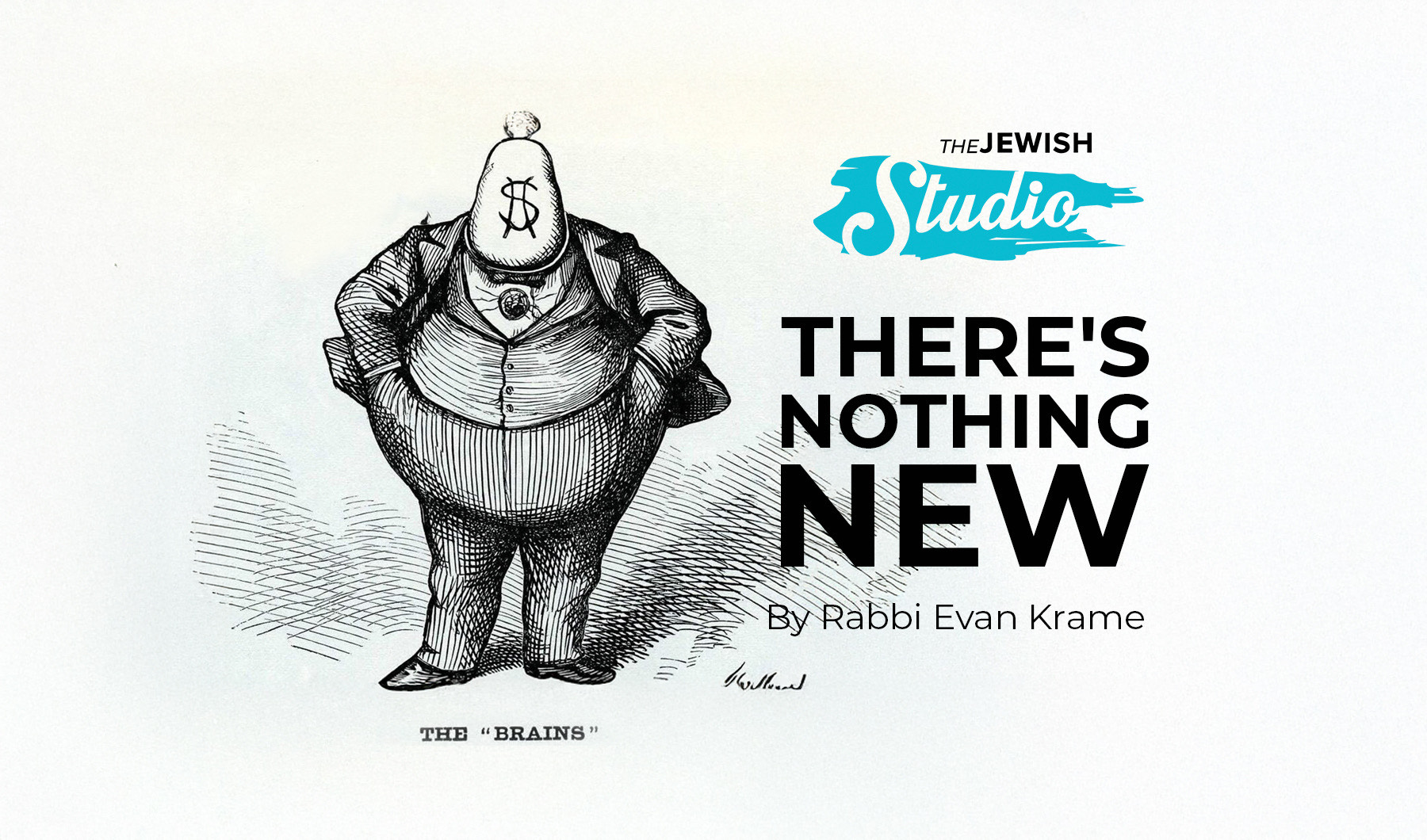The Jewish Spiritual Bucket List
1,000 places to see before you die. That is the book that sits on the commode in our home. It has been there for about 20 years. In our community, having 1,000 places to see before you die is aspirational. Many of us have the travel bug and have felt frustrated in the past year when we could not travel as we might have planned.
As we began a pandemic inspired slow and unsteady purge of tchotchkes, books, and old clothing from our home, Jodi asked, why do we have this book? Do we need it? Or as Marie Kondo would ask, does it bring you joy?
Now I view the book as a challenge.
After reading an opinion piece in the NYTimes on August 29, the book has become a thought experiment. Kate Bowler wrote that she had spent much of her life make lists of the activities she wanted to achieve. See the pyramids. Explore Venice. Perform a cello recital. Publish a Book. Then she got cancer.
Her prior focus on accomplishments and activities – setting these goals – often diverted her attention from the pleasure and enjoyment she could find in the here and now, in the ordinary, day to day. Because living fully each day was not on her bucket list. She wrote this amazing sentence: “I did not understand that one future comes at the exclusion of all others.”
One thousand places to see before you die? And then what? If you saw all 1,000 places, is your life over? Are you done? Ready to die? What if the book were only 100 places to see? Of 10 places to see? Would you feel satisfied – ready to Kick The Bucket?
Here’s what Bowler wrote – another take on this issue. The problem with aspirational lists is that they often skip the point entirely. Instead of helping us grapple with our finitude, they approximate infinity. They imply that with unlimited time and resources we can do anything, be anyone. We can become more adventurous by jumping out of planes, more traveled by visiting every continent, or more cultured by reading the most important books of all time.”
Or here’s another approach, make a spiritual bucket list. Forget the destinations and the “best of all time”. Create a list of ways that you can best connect; connect with others, connect with the best person you can be.
The 1,000 places to visit before you die book might be a fun goal to achieve. I wonder if I should rip out each page for the places I have already visited. The book would get thinner and thinner. Or the bucket would get emptier and emptier.
With a spiritual bucket list, the bucket would fill up. I would need a bigger bucket as life progresses. I would not have to focus on the limits that keep me from reaching the 900th place or reading the 100th book. Rather, I would live in the limitless expanse of being the best person that God created me to be.
Rabbi Evan J. Krame





